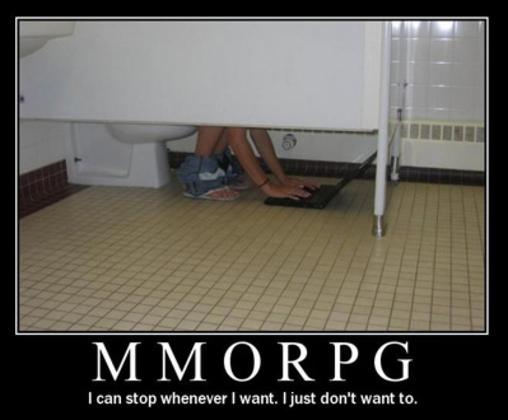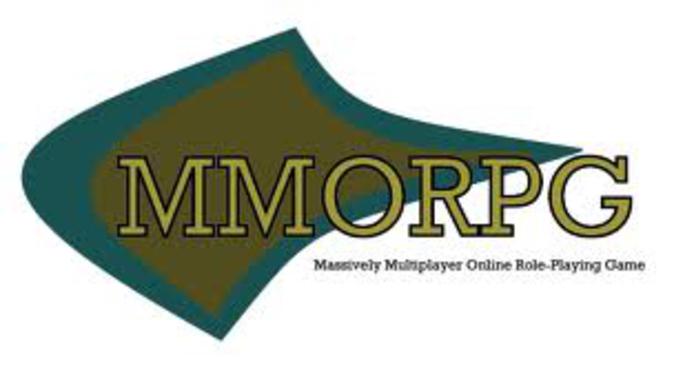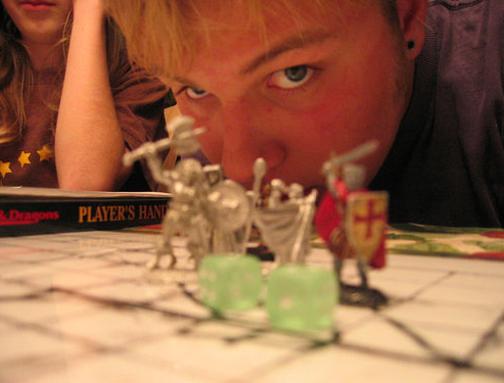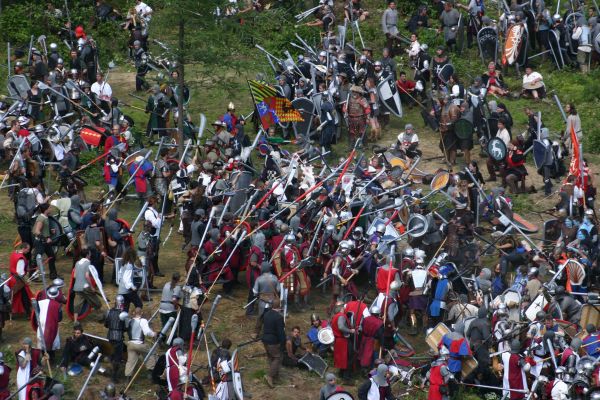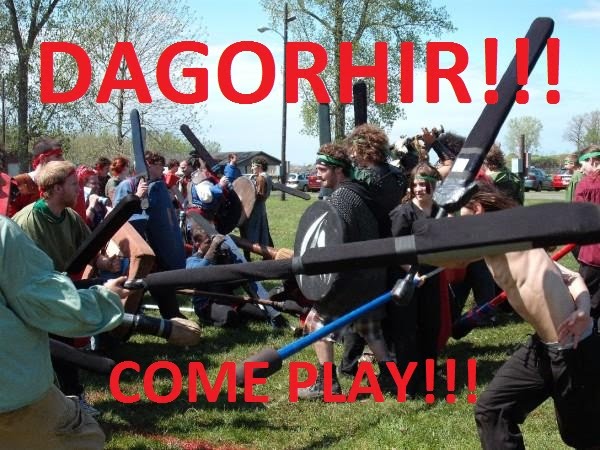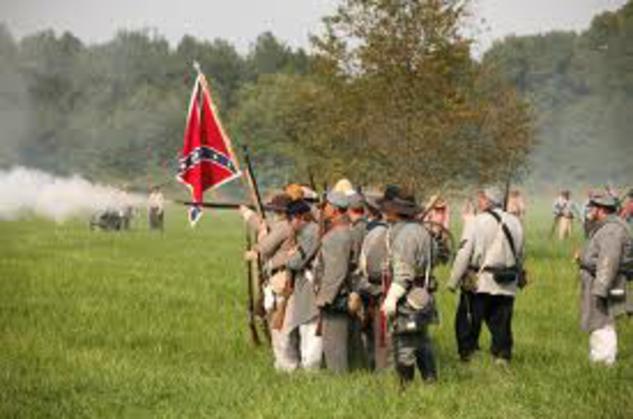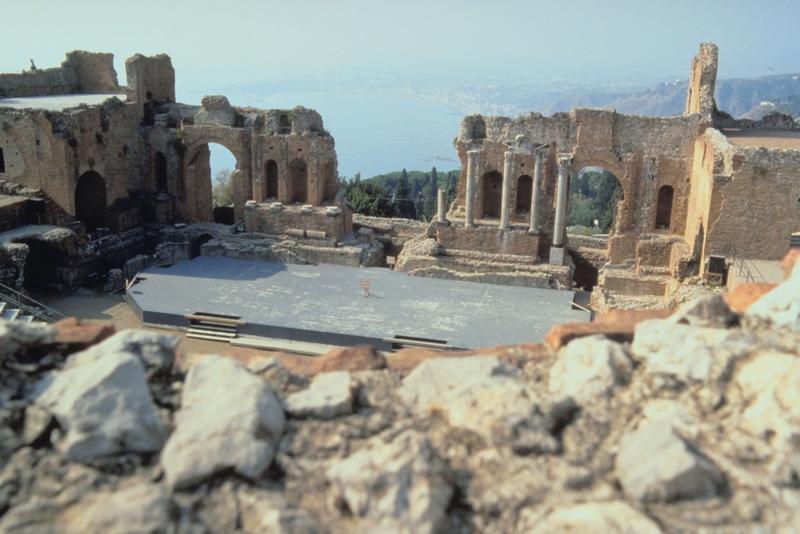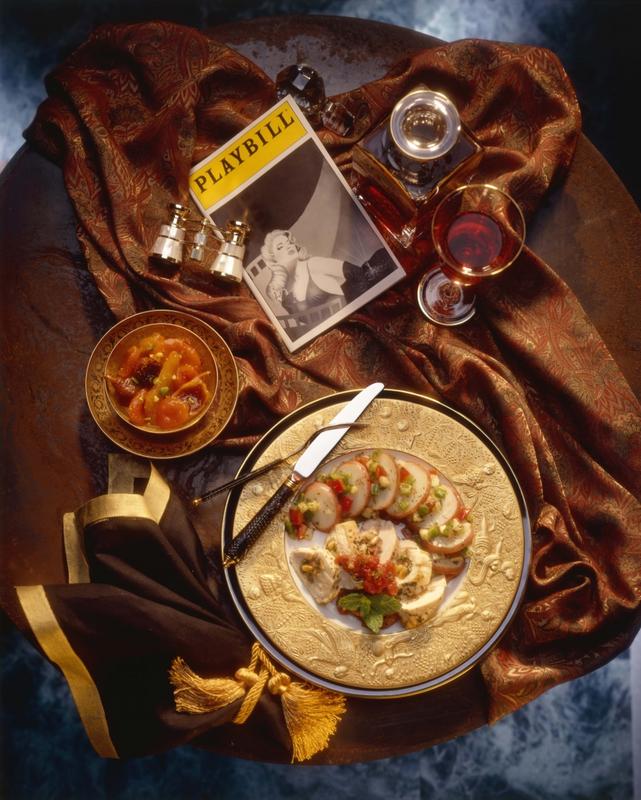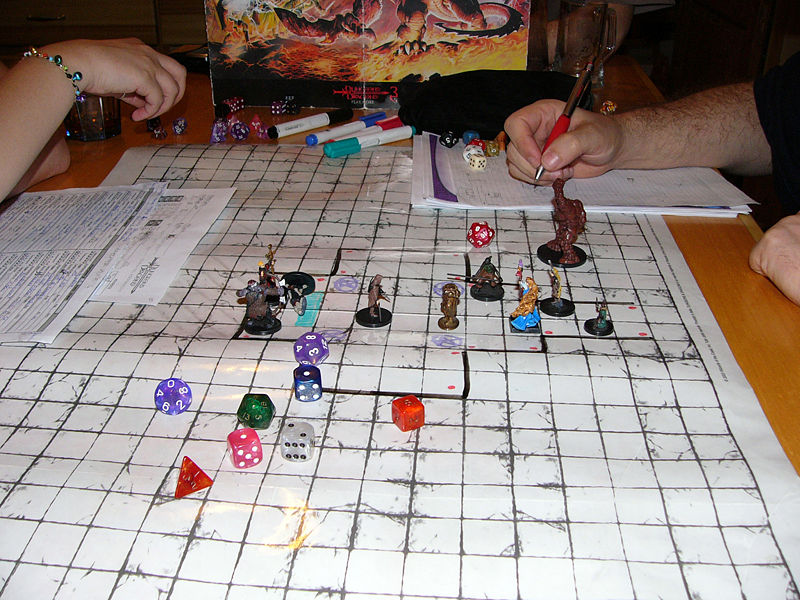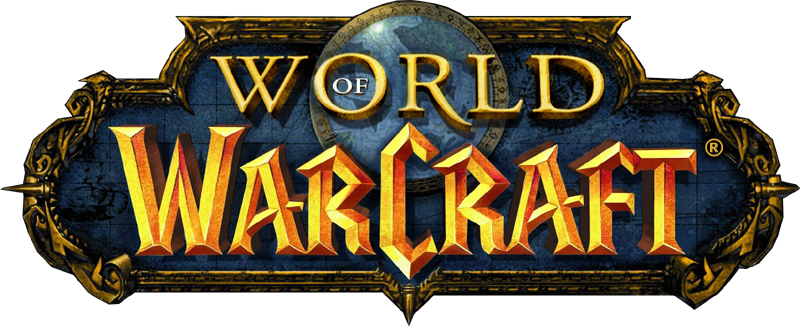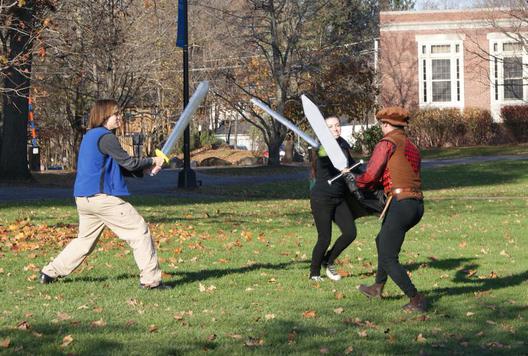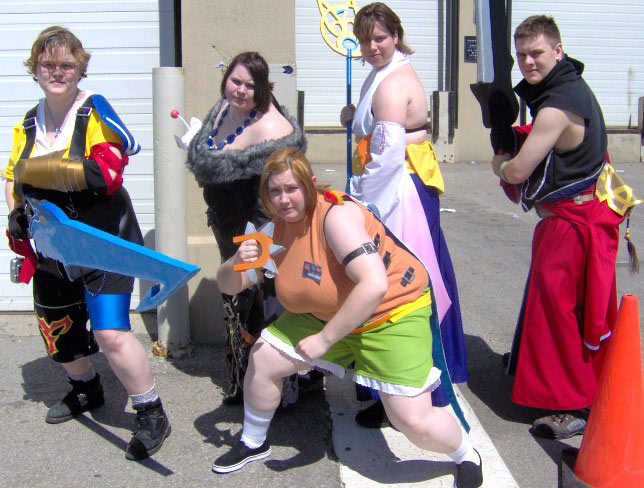The kids' game of make believe obviously evolved as a learning tool, so it's strange how so many people abandon this deep primary play technique as they mature. It's not like they consciously want to stop learning (unless we wander into banjo village tooth timeshare territory), but the stigma that became attached to such behavior (for whatever reason) cuts off a valuable human resource, especially for the propagation of creativity. The tragic preference some people espouse for movies over books is quite probably a symptom of this inveterate castrating of the imagination. If Hollywood fare highlights your truncated (and perhaps dwindling) capacity for abstract thought, you likely weren't allowed to play enough as a child, and almost certainly don't play enough now. Use it or lose it, as psychologists say.
But we all know there's far more to role-playing than these extremities. I could mention mimicking an absent friend's goofy affectation over brunch, for example, or taking part in improvisational theatre, or scripting crafts in online MMOs, or even cheating at Monopoly. They're all role-playing: pretending to be someone (or indeed, something) we're not.
How Popular is Role-Playing?
By Stefan Abrutat
How large is role-playing?
By David Gillis
If you think of role-playing in terms of the MMORPG (or Massively Multiplayer Online Role Playing Game) market, it is easy to see the popularity of the hobby. As of 2012 it is a $13 billion dollar industry, with over 400 million players worldwide.
If you expand your focus to the entire realm of role-playing, the number quickly becomes incalculable. Many role-playing game publishers are privately held companies that do not release sales figures. Events range from gigantic conventions to invite-only, play by mail games. Participants are not always consumers. And if asked, these participants probably wouldn't agree on what role-playing is.
A brief history
Tabletop role-playing, popularized by Dungeons and Dragons, has deep roots in wargaming. It is focused on the mechanics of combat and strategy. The first player characters were military generals, overseeing vast campaigns. From this tradition you get many of the tropes of role-playing; including varying attributes and experience rewards. In computer games, 'role-playing' usually refers to the creation of a unique character that improves over the course of play.
However, the focus on combat mathematics is not what role-playing means to actors, or therapists, or playing children. Role-reversal is one of the oldest human traditions, and can be seen in any culture that uses masks. For example, on the ancient Roman holiday Saturnalia (later Christmas), masters and slaves would switch places, and a Lord of Misrule would make absurd decrees.
The profession of acting also dates back to Roman times. Historically, a script was followed, and there was a clear demarcation between the performers and the audience. Improvisational theater didn't emerge until the 20th century, with the work of Viola Spolin. Other elements that inform modern role-playing, such as amateur acting or audience participation, are informal by nature. This makes it difficult to trace their origins.
Categories
The primary category is determined by format. LARP (or Live Action Role-Playing) incorporates improvisational theater. MMOs and other computer RPGs are played on computers. Tabletop games are based on group discussion. The content is usually changed to suit the strengths of the format. A LARP may see more social maneuvering and player vs. player conflict, while a tabletop game will probably feature more player cooperation against enemies created by the Gamemaster.
As computers become more commonplace and sophisticated, hybrid games become more popular. Many live action players now use their phones or other devices to review character stats and resolve game conflicts. Long-running games switch formats over time to suit player availability.
Games are divided further by genre, which is tied to the popularity of certain franchises. The medieval fantasy genre dominates, with various games based on Warcraft, Dungeons & Dragons, EverQuest, Diablo, Conan, Lord of the Rings, Warhammer, Game of Thrones (A Song of Ice and Fire), Wheel of Time, and other properties.
In live action, the horror and mystery genres do well. White Wolf's World of Darkness setting may be the most influential, which focuses on the perspective of supernatural monsters. Vampire has remained the flagship game, being the most common game in worldwide organizations such as the Camarilla and OWBN, as well as in independent games. Other properties such as Call of Cthulu do well, as do murder mysteries not tied to a continuing franchise.
The fantastic elements of superhero, science fiction, and other fantasy settings make conversion to live action difficult, so you are more likely to see these genres online or in tabletop. However, these genres are heavily influential in cosplaying, computer games, films and other media, so this has the potential to be a huge market. Notable sci-fi properties include Star Wars, Star Trek, Cyberpunk, Traveler, Paranoia, Robotech, and Dr. Who. For now, superhero games haven't strayed too far from the influence of DC and Marvel comics.
Battle Gaming
Battle Gaming is a subset of Live Action fused with mock medieval combat. Unlike the dice rolls and rock-paper-scissors contests used to resolve disputes in other games, battle games use padded weapons and targeted tag systems. Most of these games are based on the rule set of the game Dagorhir, which began in 1977.
Polearmball
Polearmball is in a category of its own. If you look at the polearm used in Polearmball it may appear that this sport is similar to Battle Gaming. Yet it is a sport with stronger similarities to a fox hunt. Even more, the role-playing aspect of the game may be ignored without changing the rules and played in its own right as a competitive athletic sport. The role playing aspect of the game lends a theme to the game and is confirmed with the creation of teams (known as a Clan, Tribe, Gang, or Family). To my knowledge, there is no other sport like this.
Historical Simulation
Simulations tend to dispense with the 'game' aspect of role-playing, but the participants still adopt personas, so the events are worth a mention.
Many simulations are tied to historical sites. In the US, civil war reenactments take place on old battlefields, and colonial cities such as Williamsburg, Virginia are recreated in exacting detail. Other events, such as Renaissance Fairs. These events tend to have some controversy over the degree to which historical anachronisms are tolerated., tend to be less centrally organized.
Popularity
Most people are curious about what it would be like to live another life.
Several forms of entertainment feature fictional characters in interesting situations. Games and sports are compelling because they separate risk and competition from the high stakes of real life. Role-playing is a natural synthesis of both of these desires.
The interest in role-playing coincides with a trend away from passive entertainment, and towards interactive, participatory experiences. Watching someone else inhabit a role is not enough for modern audiences.
The author of this article Dave Gillis is currently playing a live action Vampire: The Requiem game in Las Vegas.
Dave Gillis is a writer that lives in Las Vegas, Nevada with his loving wife and evil dog. He has played and managed live action games for several years. His website is at http://daveygillis.wordpress.com/.
For many non-gamers, the term 'role-playing' means awkwardly acting out contentious workplace scenarios for an audience of silent coworkers all desperately longing for a loaded shotgun. Or, almost conversely, it means having to nervously herd their children around hordes of shrieking greenbelt sociopaths pelting each other with lightning bolt beanbags.
Treading the boards
Having said that, the aversion to role-playing games seems to have receded in recent years. Modern platforms such as online MMORPGs have navigated the overt idea into mainstream acceptance, but the earliest organized role-play in the historical record is, of course, theatre. Theatre derived from prehistorical rituals extruding through the bottleneck of early organized religions, shedding supernatural significance along the way. Aristotle contrasted the resultant theatrical performance with ritual in Poetics, citing experiential similarities for the audience, but noting their lessening participation. Theatre eventually became the fully autonomous art form we enjoy today, and a similar history can be ascribed to the origins of theatre in Africa and Asia, which certainly demonstrates a pervasive hunger for the relation of abstract stories. Indeed, the ultimate evolution of theatre is the modern movie, with a potential audience of billions. Movie stars are arguably the most famous people on the planet, but they are nothing more than professional role-players; an often forgotten fact among the 'mundane' -- the gamers' word for non-gamers.
From theatre to parlor
A transition from established theatre to the modern role-playing game was initiated by the drawing room or parlor play; theatre enacted by the hosts and their guests for their own entertainment (as opposed to a stage play on a manufactured parlor set, a related but quite different 'comedy of manners'). These further evolved from their Victorian popularity, splintering into tabletop RPGs and boardgames and to mystery dinner theatre, where the restaurant becomes the stage and the cast interacts with the diners. Indeed, professional troupes of actors can now be hired to perform for and with guests at private dinner parties.
The number of participants in this kind of entertainment is impossible to ascertain, as it's typically a novelty accompaniment to dinner, rather than a regular hobby. This isn't the case for RPGs, however, whether tabletop, live action or online, which tend to develop loyal, even fanatical followings.
Chasing the dragon
Tabletop RPGs (role playing games) are the daddy of them all, of course, combining the interactive characterizations of drawing room theatre with rules governing the actions of the players' characters, such as combat, lock picking, stealth, and taking scandalous liberties with female tavern staff. Chance elements are determined by the roll of dice, affected by bonuses derived from predetermined character traits. This blend of concepts was originally conceived by Dave Arneson and E. Gary Gygax and published as the first Dungeons & Dragons game in 1974. The 70s and early 80s saw the initial surge in popularity, though this was never completely capitalized on by TSR, Gygax's publishing company. New life was breathed into the brand when Wizards of the Coast bought out TSR in 1997, catalyzing a resurgence in tabletop that was hitherto hemorrhaging players to computer gaming. At one particular measure taken in 2007, 6 million people were playing D&D worldwide, according to their Wikipedipage, an impressive number considering the competition.
WoW
That competition, of course, is led by the great red elekk in the room, World of Warcraft. Peaking at 12 million global subscribers in 2004, as of May 2013, there were 8.3 million, (around 3 million in North America) which is approximately a 60% share of the global MMORPG market. Whether this vast number is shrinking because of a shift to another form of RPG, rather than other, more advanced MMORPGs (which is quite feasible. WoW has been around since 2001), is open to conjecture. Time will tell.
However, are these two paradigms of gaming really in competition for players? After all, they differ quite markedly. Tabletop RPGs are typically far more social and immersive than MMORPGs, which focus much more on resource management, minimaxing mechanics and slick visuals. Of course, online role-playing does have a remote social element, but it's a very different experience to sitting around a table with one's friends, and the in-game motivations can be quite distinct. It's rare for a tabletop group to be solely concerned with the acquisition of shiny things, for example, if their gamemaster prefers to run a living, breathing world with political and economic motivators. MMORPGs, by comparison, may have certain freedoms like an open world, but characters are still beholden to a rather wooden structure for advancement. It's simply the nature of the beast. These differences will obviously lessen as technology progresses, but in the interim what they offer is separate and quite unique.
LARP
Even more unique, and the most overt of role-playing games (and thereby most often the target of ridicule) is LARP, or Live Action Role-Playing. Spanning a myriad of overlapping genres, playing styles, rules systems and fusions thereof, the essence of the game is the players physically act out their characters' actions in as real a setting as possible, under the guidance of gamemasters or referees. To this end, much use is made of parkland or dedicated sites such as those created by renaissance fairs, and the players dress and equip themselves as their fictional characters. In Europe, historical sites are often used, lending a more authentic backdrop for medieval fantasy, the most popular genre. Scandinavia and Canada, in particular, have a burgeoning LARP movement, where the stigma seems to be disappearing as the pastime, or as some say, lifestyle, becomes mainstream. LARP remains more of a novelty elsewhere, and can often be confused by the layperson with historical reenactments or Hitchhiker's Guide to the Universe conventions, because there's always at least one dude wearing a dressing gown.
Demographics
There's no hard and fast figures on the numbers of participants in LARP across the globe, aside from one essay mentioning an un-cited study that polled 3,300 random Americans about their level of involvement with LARP. They 'found' 42.6% of the sample had an acquaintance that regularly took part in LARP, and 2.8% of the sample had participated themselves at least once.
There's likewise not much pertinent information out there on role-playing game demographics in general. I suspect because every possible category is across the board. With the older original D&Ders now heading into their fifties and sixties, the age sweep is probably similarly diverse. Wizards of the Coast did perform a limited survey in 1998, only targeting gamers between the ages of 12 and 35, and found a fairly even spread. The only notable stat was the male/female ratio at 81%/19%.
GenCon SoCal gathered some data from their conference in 2004, and found a similar 77%/23% male/female ratio, and further demographics thusly:
Age
13 to 17 3%
18 to 24 5%
25 to 34 44%
35 to 44 37%
45 to 54 8%
55 or over 4%
Education
Some high school or less 6%
High school graduate 0%
Some college 25%
Vocational or technical school 4%
College graduate 49%
Postgraduate degree 20%
Annual Household Income
Under $15,000 13%
$15,000 6%
$25,000 6%
$35,000 12%
$50,000 22%
$75,000 or more 40%
Types of Games Played
Roleplaying games* 68%
Computer games 48%
Board games 48%
Online computer games 20%
Trading card games 15%
Miniatures 19%
Console games 14%
*I take this to be referring to tabletop RPGs.
The resurgent popularity of role-playing games is quite obviously led by the vast MMORPG explosion of the last 15 years, which has done a huge amount to alleviate the social slur formerly attached to the gaming hobby. Games like WoW are so firmly entrenched in the mainstream now its forebears are similarly reaping the benefits. The above stats, though accrued from a less than comprehensive sample, certainly demonstrate the gaming stereotype unfounded.
...it's almost fashionable to be a nerd now. Even in a bathrobe.
Stefan Abrutat spent twenty years working construction jobs until he turned his hand to writing, for no worthier reason than abject sloth. Now, as a freelance writer and accomplished ne'er-do-well in a wide variety of fields, he explores his brain for nuggets of nonsense on subjects he knows little about.
You can read his blog at sabrutat.blogspot.com.
Stefan Abrutat
